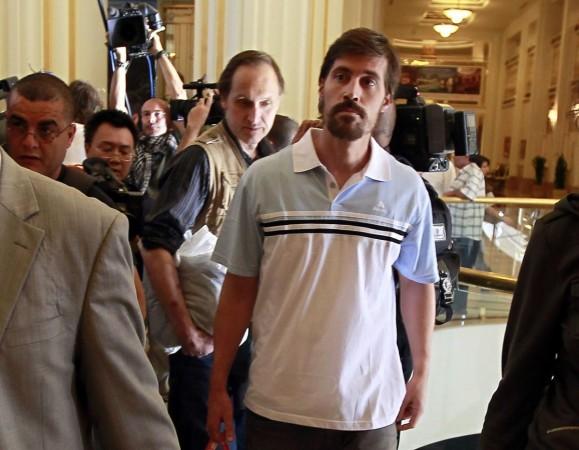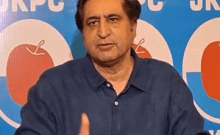
In a new development that raises questions whether American photojournalist James Foley's life could have been saved, it has come to light that the United States' refusal to cough up a million dollar ransom for his release led to his gruesome beheading at the hands of the Islamic State.
According to the New York Times, the Islamic State, formerly known as the Islamic State of Iraq and Syria (ISIS), had demanded a multimillion-dollar ransom from the United States for the release of Foley, who had gone missing in Syria two years ago. NYT confirmed this news from a representative of Foley's family and from a former hostage.
The US government, in keeping with its policy of not paying money to terrorist groups for the release of its citizens unlike European countries, refused to abide by IS' demands, thus leading to the beheading of the journalist, who, in the video released by the militants, is heard saying, "I guess, all in all, I wish I wasn't American".
Other US captives held hostage by the Islamic State may meet a similar fate if the Obama administration continues to take this stand.
In a column in Reuters, journalist David Rohde, who was kidnapped by the Taliban five years ago, expressed his views on the US government's refusal to pay ransom for his release and that of other nationals.
The U.S. government refused to negotiate or pay a ransom in Foley's case or for any other American captives - including my own abduction by the Taliban five years ago," Rohde said in his column.
"This spring, four French and two Spanish journalists held hostage by the Islamic State extremists were freed - after the French and Spanish governments paid ransoms through intermediaries", he added.
The US policy is in keeping with limiting finances to terror groups, whose treasuries are largely lubricated by ransom amounts paid by governments.
According to a recent NYT investigation, terror group Al Qaeda and its affiliate outfits raised $125 million in revenue from kidnappings since 2008, mainly from European governments.
According to Rohde, the difference in attitudes towards kidnappings of citizens between the US and European nations has pushed an aid organization to send only European workers instead of US aid workers to areas where there is danger of abduction.
He writes that the family of Foley and those of other captives "have grown intensely frustrated with the failure of American officials to negotiate with the captors".
According to the NYT article, the British government has also refused to pay the ransom for the release of a British citizen who is among the captives held hostage by IS.
Apart from millions of dollars, the militant group has also demanded prisoner swaps, especially the release of Pakistanti Al Qaeda terrorist Aafia Siddiqui currently held in Texas.
There could be similar executions of American and British captives in the offing if the respective governments refuse to give in to the IS demands.
Rohde says, "The payment of ransoms and abduction of foreigners must emerge from the shadows. It must be publicly debated. American and European policymakers should be forced to answer for their actions".
Further adding to allegations of the United States' aloof role, news reports suggested that the government was aware of a threatening email sent by the Islamic State last week to Global Post, a Boston-based news service that Foley worked for.
"We received an email from the captors on Wednesday (13 August) night of last week stating their intention to execute him. We did a lot of things and we responded to them," Global Post CEO Philp Balbon revealed in an interview to WCVB. He added that the White House was aware of the communication.













